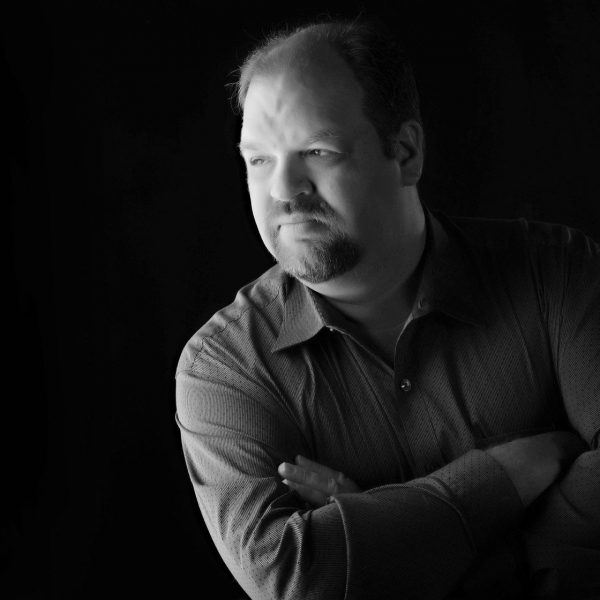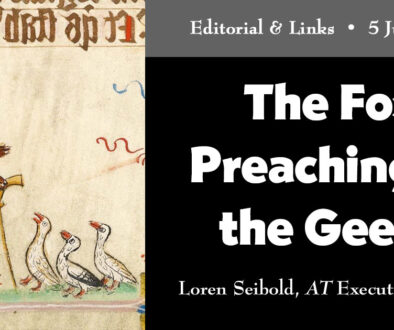CARES Offers Money to Churches, NAD Says “No”
by Michael Peabody | 12 April 2020 |
Late last month, Congress passed the Coronavirus Aid, Relief and Economic Security (CARES) Act that expanded unemployment insurance and provided small businesses with fewer than 500 employees approximately $349 billion in federally guaranteed loans through participating banks. The final version of H.R. 748 passed with broad bipartisan support in the House of Representatives by a vote of 419 to 6, and the Senate by a vote of 96 to 0, and was signed into law on March 27, 2020.
The Small Business Administration (SBA) indicates that it will forgive loans if all employees are kept on the payroll for eight weeks, and the money is used to pay for payroll, rent, mortgage interest, or utilities.
Although the Small Business Administration typically works with for-profit enterprises, the Paycheck Protection Program (PPP) of the CARES Act does not exclude non-profit organizations from this funding, including churches. Banks will distribute these loans to qualifying organizations on a first-come, first-served basis. Any organization that wishes to obtain this funding will need to apply before the June 30 deadline.
The maximum funding available is 2.5 times the average monthly payroll up to $10 million, and is intended to cover eight weeks of payroll and operating expenses. Funding used for purposes other than payroll, rent, mortgage interest, or utilities will be subject to repayment. The terms for repayment of the loan is that it must be repaid within two years at 1% interest.
While the provision of the funding to small businesses has been widely applauded, some have questioned whether allowing churches to participate violates the Establishment Clause. The SBA has indicated that it has a compelling governmental interest to provide a broad range of assistance to mitigate the economic damage of COVID-19. Others are concerned that federal nondiscrimination rules could affect religious employers. However, the SBA has indicated that it will not apply these rules to churches.
This is a short-term solution that will enable a full range of small employers to survive the economic hardships that will occur within the next two months.
While many churches are looking to receive the funds, the North American Division of Seventh-day Adventists (NAD) has issued guidelines discouraging its member churches and schools, but not individual church members who have qualifying businesses, from participating in the program on grounds that the program crosses the line between church and state.
In contrast, the Baptist Joint Committee, which advocates for strict separation of church and state, released a statement indicating that “a government-backed loan to a religious organization that is provided on the same terms as loans to other non-religious entities would not likely raise constitutional concerns. Even if they include churches, these programs are likely to be held constitutional and seem unlikely to broadly undercut religious exemptions in other contexts or to create excessive entanglement between government and religion.”
The CARES Act, one of the few truly bipartisan actions in this highly contentious political year, will help many businesses and small organizations weather the storms of the next few months without compromising the integrity of the Establishment Clause. But as we enter uncertain times, it’s more important than ever for businesses of all types, if possible, to place funds in reserve for these kinds of emergencies.
 Michael Peabody is an attorney in Los Angeles, CA who serves as the President of Founders’ First Freedom, a non-profit organization dedicated to promoting liberty of conscience. He blogs at http://www.religiousliberty.tv.
Michael Peabody is an attorney in Los Angeles, CA who serves as the President of Founders’ First Freedom, a non-profit organization dedicated to promoting liberty of conscience. He blogs at http://www.religiousliberty.tv.




